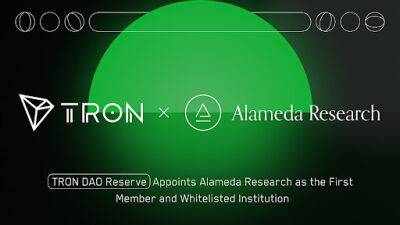Do You Know What Will Happen To Your Cryptocurrency Holdings And Digital Assets When You Die?
What will happen to your crypto holdings and digital assets when you die?
Consumers' assets are often tangible — cash, investments, real estate, automobiles, jewellery, and art. But a new type of asset is gradually being added to the mix — digital assets.
Whether in cryptocurrencies or a new asset class known as non-fungible tokens or NFTs, they have only grown in popularity over time.
NFTs have evolved beyond the monkey JPEGs, with many celebrities even using them as digital status symbols and wealth identifiers. Artists are now utilising them to fund their work or entrepreneurs to earn money from other people's work.
So, though you know that your cryptocurrencies or NFT holdings are valuable, have you ever wondered what will happen to them after you die?
Will it pass to your heirs and your retirement account and personal belongings?
The truth is that your cryptocurrency assets will be stuck in a cloud and be useless to your heirs unless you provide precise instructions on how to access them.
To make it simple, the JPEG, movie, artwork, or whatever you claim on the blockchain will still remain.
However, the asset might become either useless or extremely valuable, depending on the situation. As a result of the asset's inability to be recovered in the absence of a private key, some may become obsolete.
In contrast, others may appreciate in value because of the same circumstance. But no matter what, the asset will continue to remain on the blockchain and cloud.
So, if you want your cryptocurrency to be valuable to those who inherit it, follow these steps:
Estate Planning Using Cryptocurrencies
Before we get into the specifics of securing your crypto assets, it's critical to think about who you'll provide access to them.
Remember
Read more on ndtv.com


 ndtv.com
ndtv.com![Your guide on how to scalp Ethereum [ETH] to $3,200](https://finance-news.co/storage/thumbs_400/img/2022/5/6/24539_qxm.jpg)



















